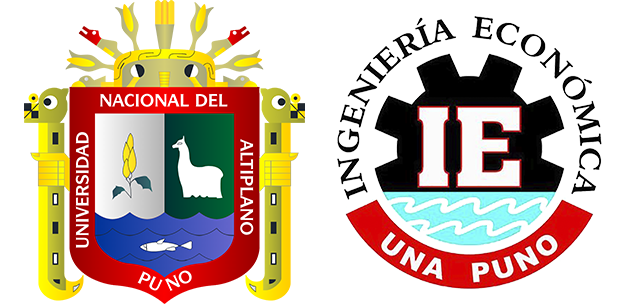Información contable y el riesgo financiero - riesgo del accionista enfocado a empresas mineras peruanas
DOI:
https://doi.org/10.26867/se.2022.v11i1.129Palabras clave:
riesgo de crédito, riesgo de mercado, riesgo de liquidez, objeto de estudio contable, información financieraResumen
Objetivo: Identificar las principales investigaciones sobre información contable y riesgo financiero en la base de datos SCOPUS y realizar un análisis de las características de las publicaciones, así como del contenido de estas. Método: Consiste en hacer una revisión sistemática de la literatura de los últimos cinco años siguiendo criterios de inclusión y exclusión con el uso de operadores boléanos para mejor proceder. Resultados: Se identificaron 22 artículos, ninguno de ellos con estudios en Sudamérica y dos de los artículos tienen más del 50% de las citas. Sobre el contenido, todas contienen la información contable como una variable y en la variable de riesgo financiero no se encuentran directamente, aunque, en forma indirecta prácticamente se cubren todas las subclasificaciones de riesgo financiero. Otro tema que también se halló es que hay conceptos nuevos, para nosotros, como son el OPM3 y CFEBIT vinculándolos con la información contable y el riesgo financiero. También se plantea un concepto que consideramos novedoso sobre el objeto de estudio de la contabilidad fortaleciendo el concepto de información contable pero con un mayor alcance llegando incluso a la información de las personas naturales. Conclusiones: El riesgo operativo es el concepto de riesgo financiero más relacionado con la información contable, no hay investigaciones en el ámbito peruano por lo que se recomiendan ver la posibilidad de adaptar las investigaciones encontradas para la presente investigación a la realidad de las empresas peruanas. Finalmente se dejan algunas recomendaciones de temas que consideramos interesantes a ser investigados.















